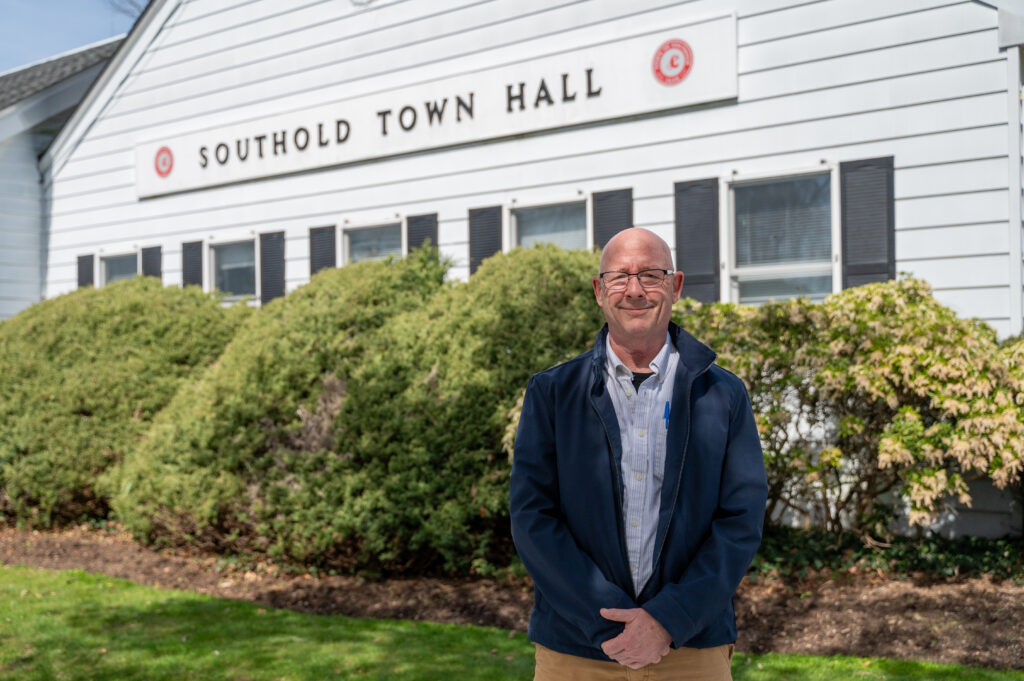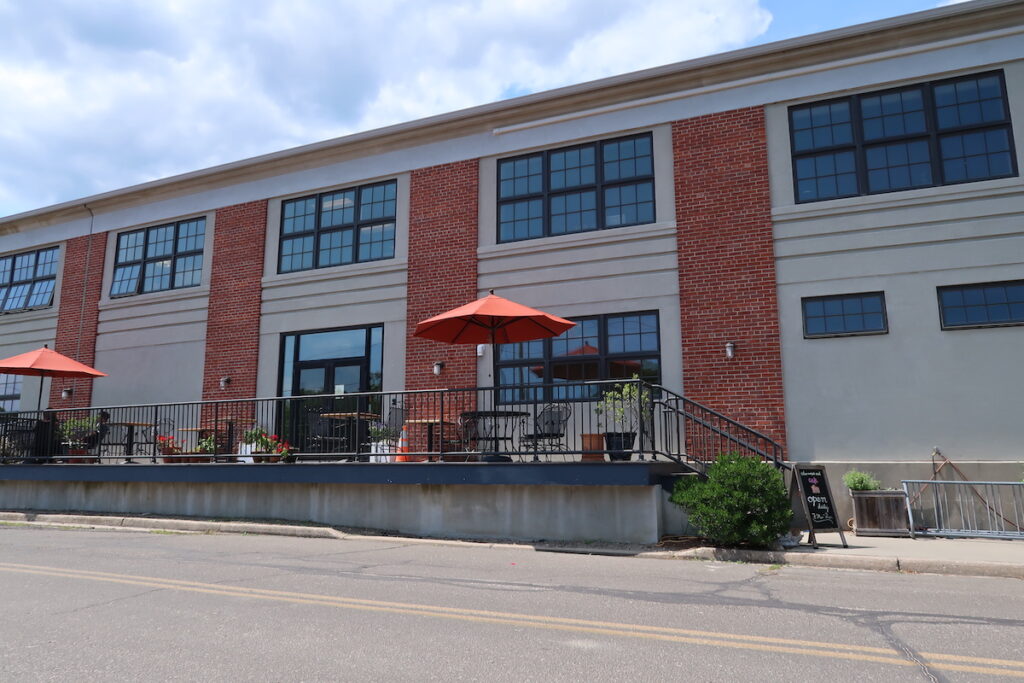Farmers give town an earful on agricultural chapter of comprehensive plan
When they got their first glimpse of the agriculture chapter of the town’s draft comprehensive plan Monday night, farmers liked what they saw but asked for more.
The chapter — written after a winter forum with many of the same farmers who came to see the finished product at the town’s Human Resource Center in Mattituck Monday night — recommends that Southold Town revise its code to mirror the state’s right to farm law, help young farmers lease fallow land and encourage the purchase of local foods.
“If it’s permitted by New York State Ag and Markets, it should be permitted by the Town of Southold,” said Chris Browder, who runs Browder’s Birds, a chicken farm, in Southold. Mr. Browder said most other farmers he’s spoken to share that opinion.
“Southold Town is more restrictive than the state. It’s not only vegetables, it’s livestock, too,” said Bernadette Deerkoski of the East End Livestock & Horseman’s Association.
Ms. Deerkoski said a good example of Southold’s restrictions on farmers is the town’s lawsuit against Sherwood House Vineyard over its use of a small shed used for tastings on a piece of preserved land at the Oregon Road, Mattituck, property.
Though the agriculture chapter mentions the possibility of farmers conducting marketing on preserved land, she said the town has already set a tone for what it will accept on protected acreage by suing Sherwood House’s owners.
“Nobody wants to be the crash test dummy,” she said. “You’d be in court for years.”
Ira Haspel, who runs a five-acre biodynamic farm in Southold with his wife, KK, agreed that farmers need more options for what to do with their land.
“I’m all for having all the farmers be successful. To have that happen, we need to give them flexibility,” he said.
Ms. Deerkoski mentioned her husband’s family’s 30-acre property in Mattituck, where the development rights were sold except for two acres. The family decided not to preserve that piece in case Ms. Deerkoski decides to build a riding arena.
“You can put an enclosed barn, but not an enclosed arena on preserved land,” she said.
“You can’t even put up a porta-potty on your facility if you’ve sold development rights,” said Rocky DiVello, who serves on the board of the East End Livestock and Horseman’s Association and whose wife runs a berry farm on preserved land in Mattituck.
“It’s a very important tool, but it needs to be clarified.”
“I know a lot of people who sold their rights who wish they never sold them,” said Ms. Deerkoski.
Mr. Haspel said farmers should be required to take good care of their soil if they sell their development rights.
“I thought development rights were intended to save land. There’s nothing in there about saving soil,” he said. “You’re allowed to pollute soil with chemicals. The wealth and health of Southold is dependent on the health of the soil.”
Other members of the livestock and horseman’s association said the town should allow turn-out sheds without extensive review.
The sheds keep farm animals from getting sunstroke when out in the pasture in the summer.
Mr. Browder said the increasing number of livestock producers on the North Fork will soon need slaughtering facilities.
Many farmers present also said they’d like the town to do more to encourage young people to farm.
Mr. Browder said when he goes to a popular farm summit in upstate New York, he sees many in their 20s and 30s who are champing at the bit to become full-fledged farmers, but don’t have the resources they need. That’s not the case in Southold, he said, where the high cost of land makes it difficult to start a new farm.
“The typical farmer here is well into their 50s and 60s,” he said. “I’m part of that. The town needs to figure out a way to use the fallow land to bring new and young farmers together with unused land.
“They need mentors,” he added. “You can’t acquire this great body of knowledge on your own.”
Farmers were also supportive of permitting farm residences — either for laborers or for the farm owners — inside the development rights easement area.
Mr. DiVello said he gets up with his wife between 2 and 3 a.m. during the growing season to drive to her plot to turn on the irrigation.
“She’s afraid to go by herself. It would be much more convenient if we lived there,” he said.
Ms. Deerkoski said she’s not sure that’s fair to taxpayers.
“Paying less tax on agricultural land is giving me an advantage over everybody else,” she said. “It is detrimental to the town. I’m not saying I don’t like the idea.”
Chris Baiz, who owns Old Field Vineyard in Southold, had a different perspective and said it’s appropriate that agricultural land is taxed less.
While certain agricultural buildings are taxed at the market rate, the land itself is taxed at a lower rate because it has to produce and grow the product, he said.
“A gasoline station doesn’t have to make its own gasoline,” he said. “They’re just reselling it.”









